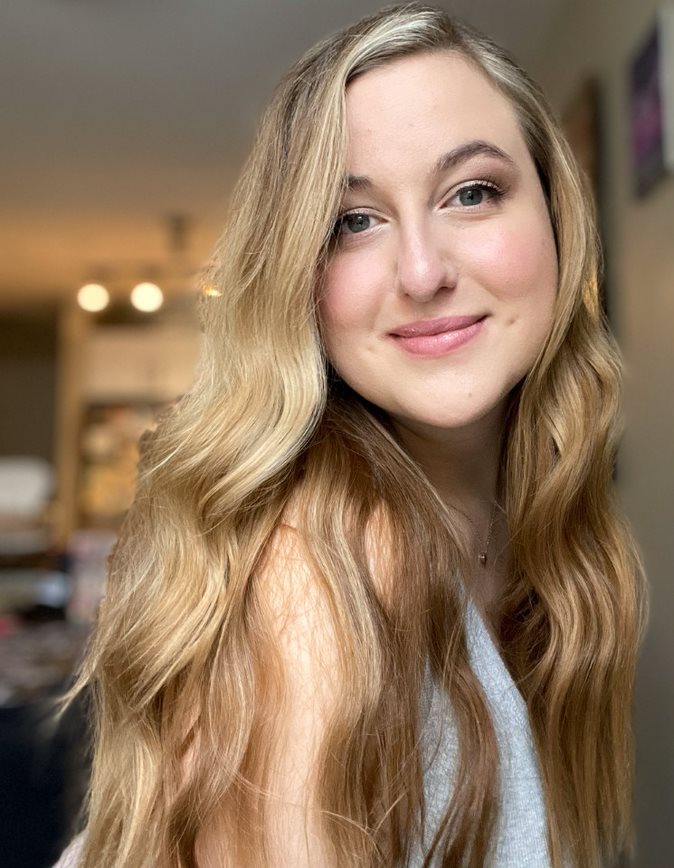The Arts Co-op Program is committed to encouraging and supporting Indigenous students to participate in co-op and work-integrated learning opportunities, and to working with students to address any barriers that may be present.
Our commitment is rooted in the Truth and Reconciliation Commission (2015) Call-to-Action 92(ii). We are determined to ensure that “[Indigenous] peoples [are to] have equitable access to jobs, training, and education opportunities” (p.294). Supporting Indigenous student engagement with co-op is our way of supporting this TRC call-to-action. Further we commit to Action 38 in the UBC Indigenous Strategic Plan (2020), ensuring our policies and operational practices are supporting the equity and inclusion of Indigenous students, faculty, staff and community members. (p. 33)
Common Questions
- Co-op students are considered full-time students while on work terms. Under federal Post-Secondary Student Support Program (PSSSP) program guidelines, full-time students remain full-time students as long as they are considered so by their institution.
- Any individual nation may set their own policy on co-op. It is important to discuss your desire to participate in co-op with your funding coordinator.
- You may also bring possible options to your funding coordinator for them (and any possible deciding boards) to consider, such as:
- Full funding including living allowance.
- Tuition/co-op fees only, without living allowance.
- Temporarily pausing your funding for co-op work terms.
- You may also bring possible options to your funding coordinator for them (and any possible deciding boards) to consider, such as:
You may also provide this resource to your funding coordinator to help with any uncertainty: Co-op & Indigenous Third Party Sponsorship Funding.
- Students complete a minimum of 3, 4-month work terms in the Arts Co-op Program. It is possible to complete co-op requirements during a 4.5 year timeline if you enter the co-op program as soon as you are eligible, at the start of your second year. However, 5 to 5.5 years is more common. Joining co-op earlier in your degree will shorten the length of your overall degree.
- Some nations may require your degree to be completed during a 4-year period. Refer to your nation's post-secondary funding policy. If this is the case with your nation, connect with your nation's funding coordinator to discuss your options.
- If your nation requires you to complete your degree within a 4-year period, we still welcome you to apply and participate in the co-op program during those 4 years.
- Jobs found outside of Symplicity, our job board, can be counted as work terms if they meet co-op program criteria. Please share the information about your job with your Co-op Career Educator (CCE) to determine if it could count towards your co-op requirements.
- Many current employers are interested in recruiting Indigenous students and we are working with Indigenous organizations and communities to arrange for culturally relevant, and Indigenous-centred opportunities.

Through this experience, I gained skills I otherwise would not have had the opportunity to and discovered a lot about myself and what matters to me in a workplace. Figuring out what you want to do post-grad can be super overwhelming but participating in Co-op made that decision a lot less intimidating.
Admission into Arts Co-op
All Indigenous students who submit a complete and satisfactory application to Arts Co-op, meet the requirements1, and perform satisfactorily in the intake process, will be admitted. Additionally, Indigenous applicants will not be assessed the co-op administration and workshop fee.
1 One of the requirements is a minimum cumulative GPA of 72%. Co-op is an optional program that is suited to students who are performing well in their course work and can handle the added workload of participating in co-op. If you are close but fall short of the minimum GPA, we encourage you to still apply and include a rationale related to your grades.
